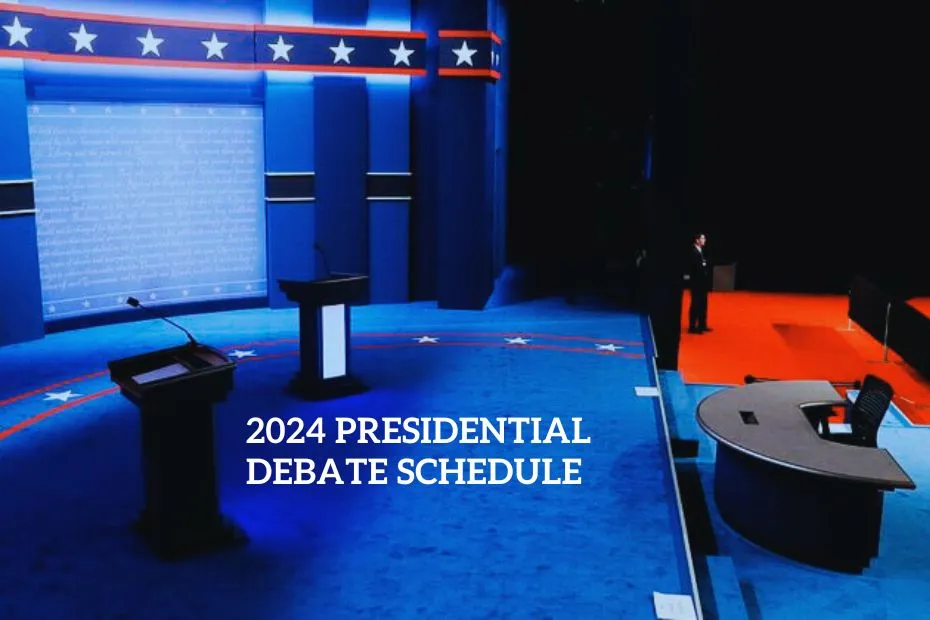Impact of Debates on Voters: Presidential Debate Dates

Presidential debates are a cornerstone of American democracy, providing a platform for candidates to articulate their visions, engage in policy discussions, and connect with the electorate. While the impact of debates on voter perceptions and preferences is complex and multifaceted, numerous studies and research findings offer insights into their influence.
Debates and Voter Perceptions
Debates can significantly shape voter perceptions of candidates, particularly for undecided voters. A study by the Pew Research Center found that viewers’ impressions of candidates’ competence and likability were significantly influenced by their debate performances.
- Candidates who are perceived as knowledgeable, articulate, and confident tend to gain favor with voters.
- Conversely, candidates who appear unprepared, evasive, or aggressive can suffer negative consequences.
Debates also provide voters with valuable information about candidates’ policy positions and their approaches to various issues. By observing candidates’ responses to questions and their interactions with each other, voters can gain a deeper understanding of their stances and priorities.
Debates and Voter Preferences
While debates can influence voter perceptions, their impact on voter preferences is more nuanced. Some studies have shown that debates can sway undecided voters, particularly those who are less informed about the candidates or the issues.
- For instance, a study by the University of Michigan found that voters who watched a debate were more likely to change their minds about a candidate than those who did not.
- However, debates are more likely to reinforce existing opinions rather than change them.
Voters with strong prior beliefs about candidates or issues tend to be less swayed by debate performances. They may interpret the information presented in a way that confirms their existing biases.
Candidate Strategies, Presidential debate dates
Candidates employ various strategies to make a strong impression during debates and connect with viewers.
- Strong opening and closing statements: Candidates often strive to make a memorable and impactful first impression with a compelling opening statement and leave a lasting impression with a strong closing statement.
- Clear and concise messaging: Candidates aim to communicate their core messages effectively, using clear and concise language that resonates with viewers.
- Effective body language: Candidates’ body language, including eye contact, facial expressions, and posture, can convey confidence, sincerity, and authenticity.
- Direct engagement with the audience: Candidates may use direct language and address the viewers directly to foster a sense of connection and personal appeal.
The effectiveness of these strategies can vary depending on the candidate’s personality, the format of the debate, and the overall political climate.
Presidential debate dates are always a big deal, innit? It’s a chance to see how the candidates really measure up, and to get a sense of who’s got the best game. This year, though, there’s another big event to keep in mind: the Minnesota gubernatorial race.
Minnesota Tim Walz is running for re-election, and he’s got a tough fight on his hands. But if he wins, he’ll be right there in the thick of it when those presidential debates start heating up.
Presidential debates, yeah, they’re a right laugh, ain’t they? All that political posturing and trying to sound like they’ve got it all figured out. Meanwhile, over in Nassau County, they’re banning masks, which has got everyone talking.
But hey, maybe they’ll have a debate about that, too, who knows? At least we’ll have some good telly to watch.
